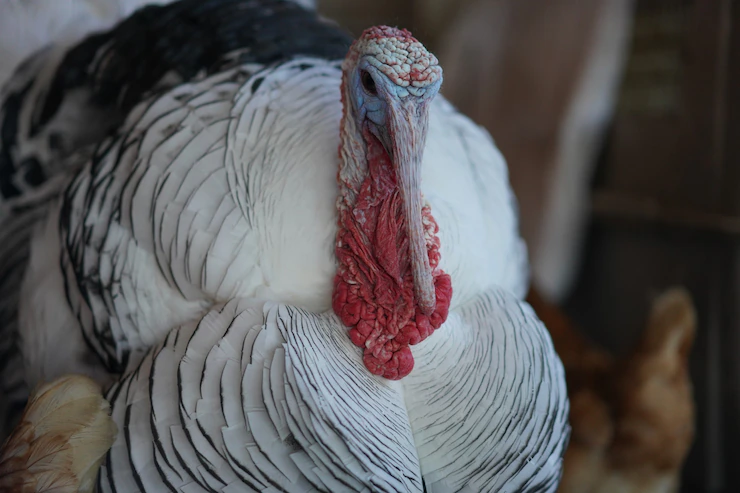Turkey farming is a rewarding and profitable venture in South Africa. Whether you’re considering entering the poultry industry or expanding your existing farming operations, understanding the key aspects of turkey farming is essential. In this article, we will explore 10 important things you should know before venturing into turkey farming in South Africa.
- Research and Knowledge: Before starting a turkey farming business, conduct thorough research and acquire comprehensive knowledge about turkey breeds, housing, feeding, health management, and market demands. Familiarize yourself with industry best practices and consult with experienced turkey farmers.
- Suitable Turkey Breeds: Choose turkey breeds that are well-suited to South African conditions and market preferences. Common turkey breeds include the Bronze, White Holland, and Narragansett. Consider factors such as growth rate, meat quality, disease resistance, and market demand for specific breeds.
- Housing and Space Requirements: Provide suitable housing and adequate space for your turkeys. Turkeys require shelter from extreme weather conditions and predators. Construct well-ventilated and secure housing with appropriate flooring, perches, and nesting areas. Provide at least 2-3 square feet of space per turkey.
- Feeding and Nutrition: Develop a balanced feeding program that meets the nutritional requirements of turkeys at different stages of growth. Turkeys have specific dietary needs, including a higher protein content compared to chickens. Consult with a poultry nutritionist to formulate appropriate diets using commercial turkey feeds or custom formulations.
- Disease Prevention and Health Management: Implement a comprehensive health management plan to prevent and control diseases in your turkey flock. Follow vaccination protocols, practice biosecurity measures, and maintain a clean and sanitary environment. Regularly monitor the turkeys for signs of illness and seek veterinary assistance when needed.
- Biosecurity Measures: Strict biosecurity protocols are essential to prevent the introduction and spread of diseases. Control access to the turkey farm, limit visitors, and enforce proper sanitation practices. Quarantine new birds before introducing them to the existing flock to minimize disease transmission.
- Marketing and Sales: Identify potential markets for your turkeys, including wholesalers, retailers, and direct consumers. Establish relationships with local markets, restaurants, and butcheries. Consider value-added products such as smoked or processed turkey products to diversify your offerings and attract more customers.
- Financial Planning: Create a comprehensive business plan that includes investment costs, operational expenses, projected income, and potential risks. Consider factors such as housing infrastructure, turkey poults or breeding stock, feed costs, veterinary services, labor, and marketing expenses. Seek financial advice and explore funding options if needed.
- Record Keeping: Maintain detailed records of flock performance, health history, feed consumption, and financial transactions. Good record keeping will help you track the progress of your turkey farm, identify areas for improvement, and make informed business decisions.
- Continuous Learning and Networking: Stay updated with the latest developments in turkey farming by attending workshops, seminars, and industry conferences. Join turkey farming associations or networks to connect with fellow farmers and exchange knowledge and experiences. Continuous learning and networking will help you improve your skills and stay competitive in the industry.
Conclusion: Starting a turkey farming business in South Africa requires careful planning, knowledge, and dedication. Consider aspects such as breed selection, housing, feeding, health management, biosecurity, marketing, financial planning, and continuous learning. With proper management and attention to detail, turkey farming can be a lucrative and rewarding venture in South Africa. Embrace the challenges, adapt to market demands, and prioritize the health and welfare of your turkeys. Good luck on your turkey farming journey!
Image by wirestock on Freepik
Join 'Farmers Mag' WhatsApp Channel
Get the latest Farming news and tips delivered straight to your WhatsApp
CLICK HERE TO JOIN






